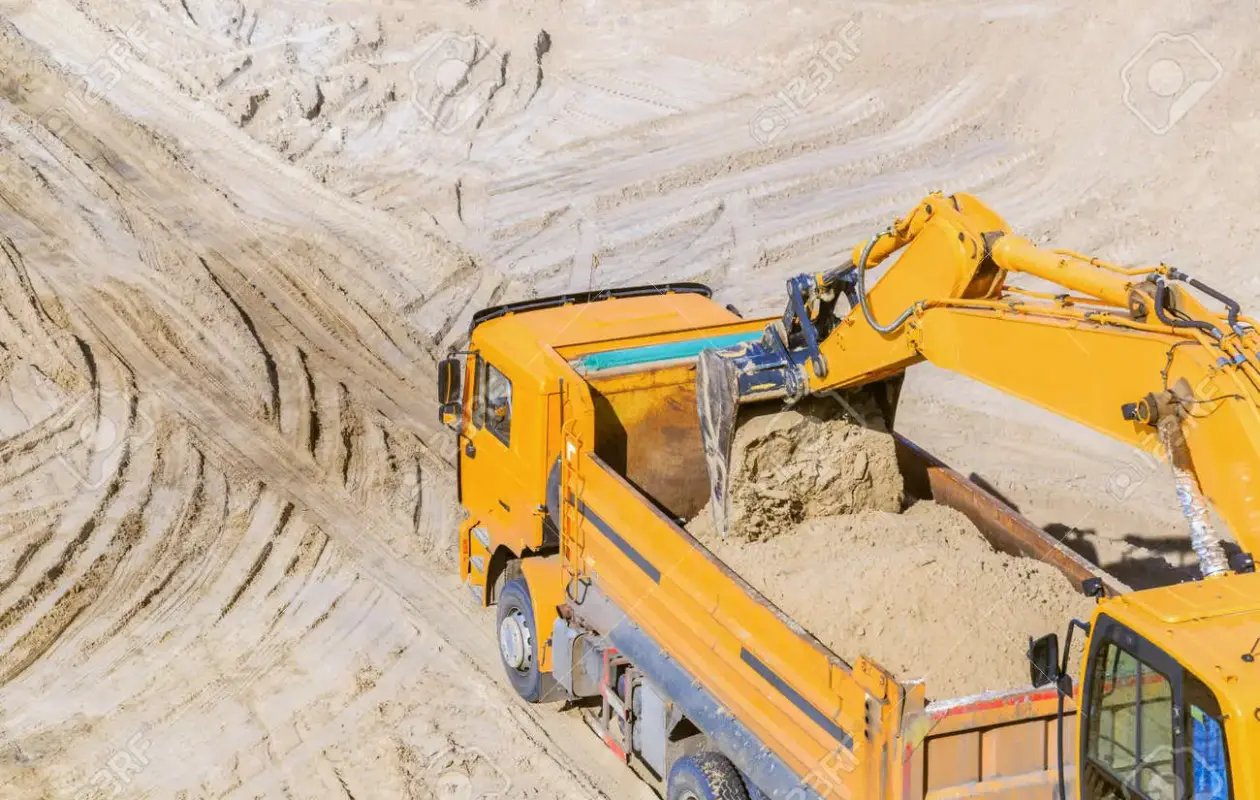
« Il n’y a plus de sable à Dakar » : tensions, spéculation et mesures du gouvernement
The 8th edition of the International Mining Exhibition (SIM Senegal) was held from November 4th to 6th, 2025 at the Abdou Diouf International Conference Center (CICAD) in Diamniadio. Under the theme "Mineral Resources: A Lever for Economic Sovereignty," this biennial event brings together all stakeholders in the mining sector to discuss the challenges related to resource exploitation in Senegal.
"Dakar is over."
As part of the trade fair, a workshop addressed the issue of sand scarcity in Dakar. At this roundtable discussion, Dr. Ousmane Cissé, former Director of Mines, delivered a blunt assessment. "It's a done deal. There's no more, it's over. There's sand, you can find it. But you have to build a quarry, and that's no longer an option," he declared. The former director explained that the only solution considered to address this shortage, dredging, had been studied as early as 2001, but that the available resources are no longer sufficient. "Dakar is finished. There's no more sand. The sand you see will never be used for what other people need," he added.
The administration faces the shortage
To understand the measures taken by the administration, Seneweb interviewed Mbene Niang, Director of the Mining Cadastre at the Ministry of Mines and Geology. She noted that the tension surrounding sand quarries in Dakar is not a recent phenomenon. "It's important to understand that, firstly, the Ministry had, in any case, issued permits since January 2025. From January until May, we conducted a review because the situation was already there," she explained.
The director explained that several quarries had been operated irregularly and were therefore ineligible for renewal. "These quarries were issued as temporary permits, and they were only valid for six months. They all expired in April 2025. But because they were not operated regularly, they were not eligible for renewal. That is why they have been permanently closed," she stated.
New permits and speculation
Faced with this situation, the ministry reviewed new compliant applications and issued five permits for the Dakar region, effective May 2025. These quarries have begun operating legally, with some permits limited to six months to ensure compliance. However, the situation remains complex due to speculative practices surrounding the resource. "Between the quarry, transportation, and sales stockpiles, there is always speculation. At the quarry level, the price can vary from one to two times the price at the storage facility," explained Mbene Niang.
The director also indicated that all compliant applications had been approved. "In Dakar, sand is very scarce and there is demographic pressure. There isn't even enough space to open quarries," she added, while confirming the observation of the former director of Mines.
Alternatives and local initiatives
To address this shortage, the director mentioned several alternatives. Dredging coastal areas remains an option, already tested in Sali by a Dutch company. Furthermore, local initiatives are emerging, aiming to recover sand from streets and construction debris. "As I mentioned earlier, there are new companies, already run by Senegalese entrepreneurs, that are proposing to recover surplus sand from the streets of Dakar… They will clean, sift, and then resell it," explained Mbene Niang.
Environmental and geographical causes
The main cause of this scarcity, however, remains environmental and geographical. Certain coastal areas are protected and closed to exploitation to preserve the ecosystem. "There is sand, but we can't exploit it because it's environmentally protected. So that creates a deficit," explained Mbene Niang. Population pressure and rapid urbanization also exacerbate the tension. The exploitable areas are limited to areas with surplus sand, insufficient to meet the growing needs of the capital.
Commentaires (8)
qu'on devrait concasser et broyer pour en faire du sable . Le recyclage ne se limite pas au fer fer et au plastique .
Participer à la Discussion
Règles de la communauté :
💡 Astuce : Utilisez des emojis depuis votre téléphone ou le module emoji ci-dessous. Cliquez sur GIF pour ajouter un GIF animé. Collez un lien X/Twitter ou TikTok pour l'afficher automatiquement.